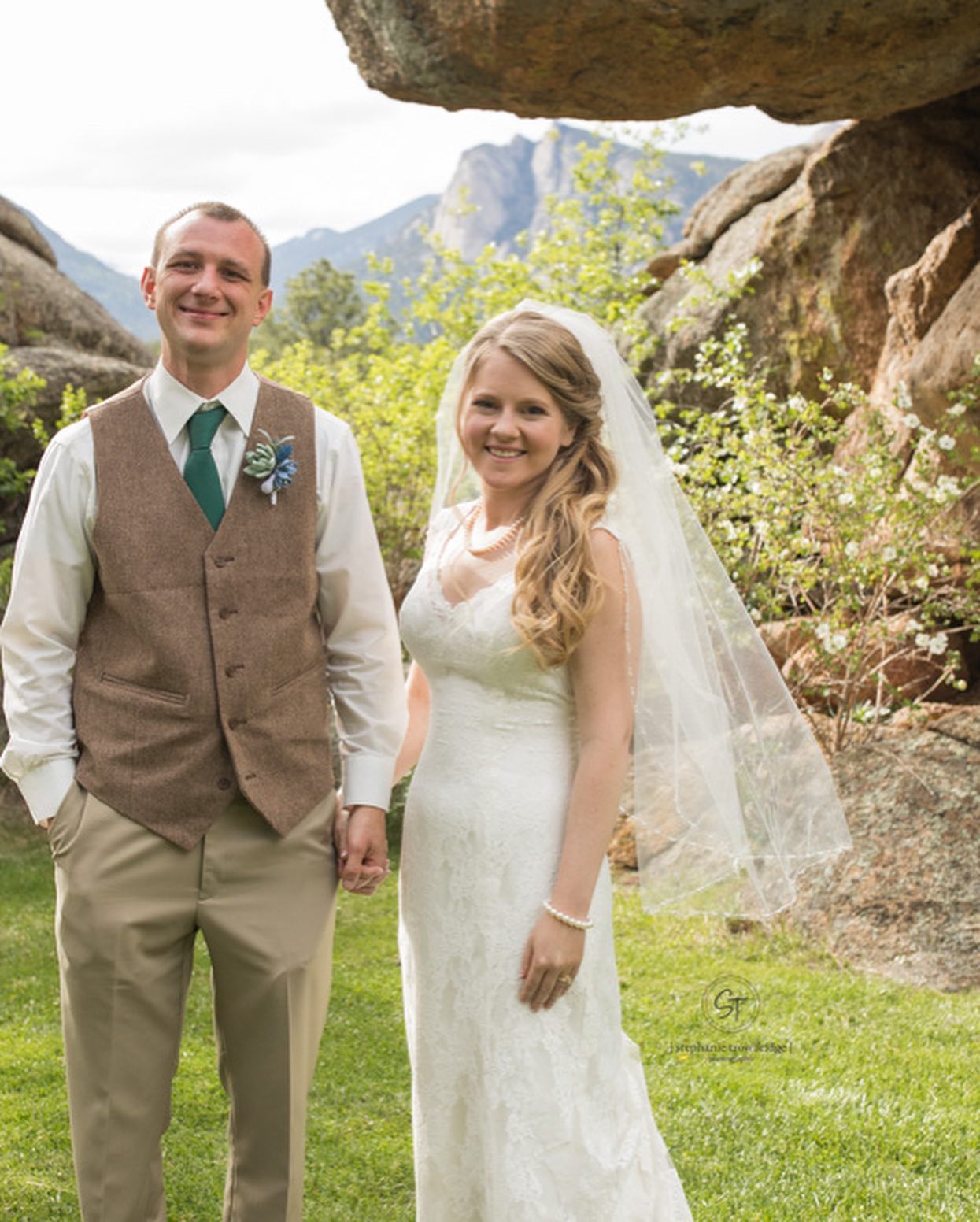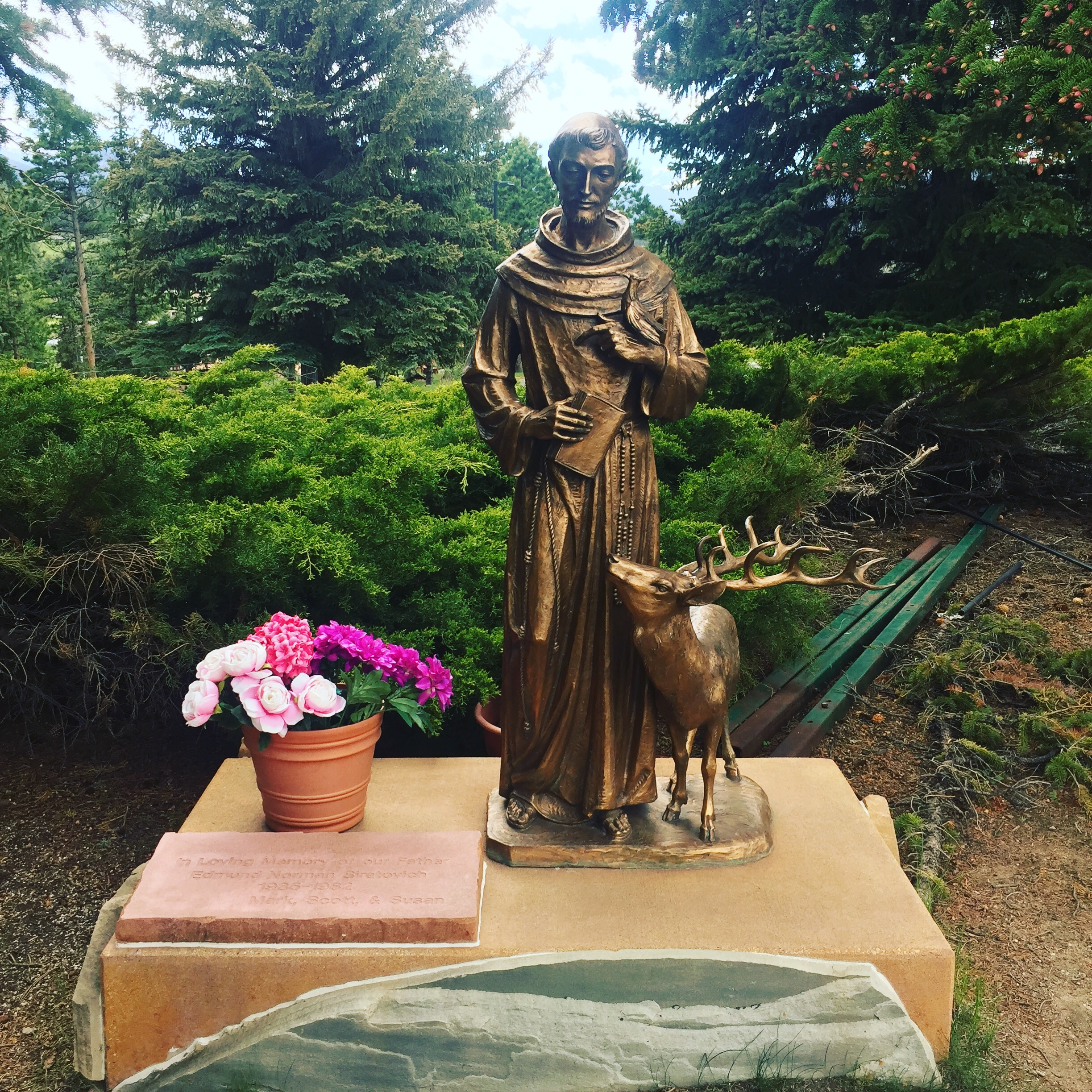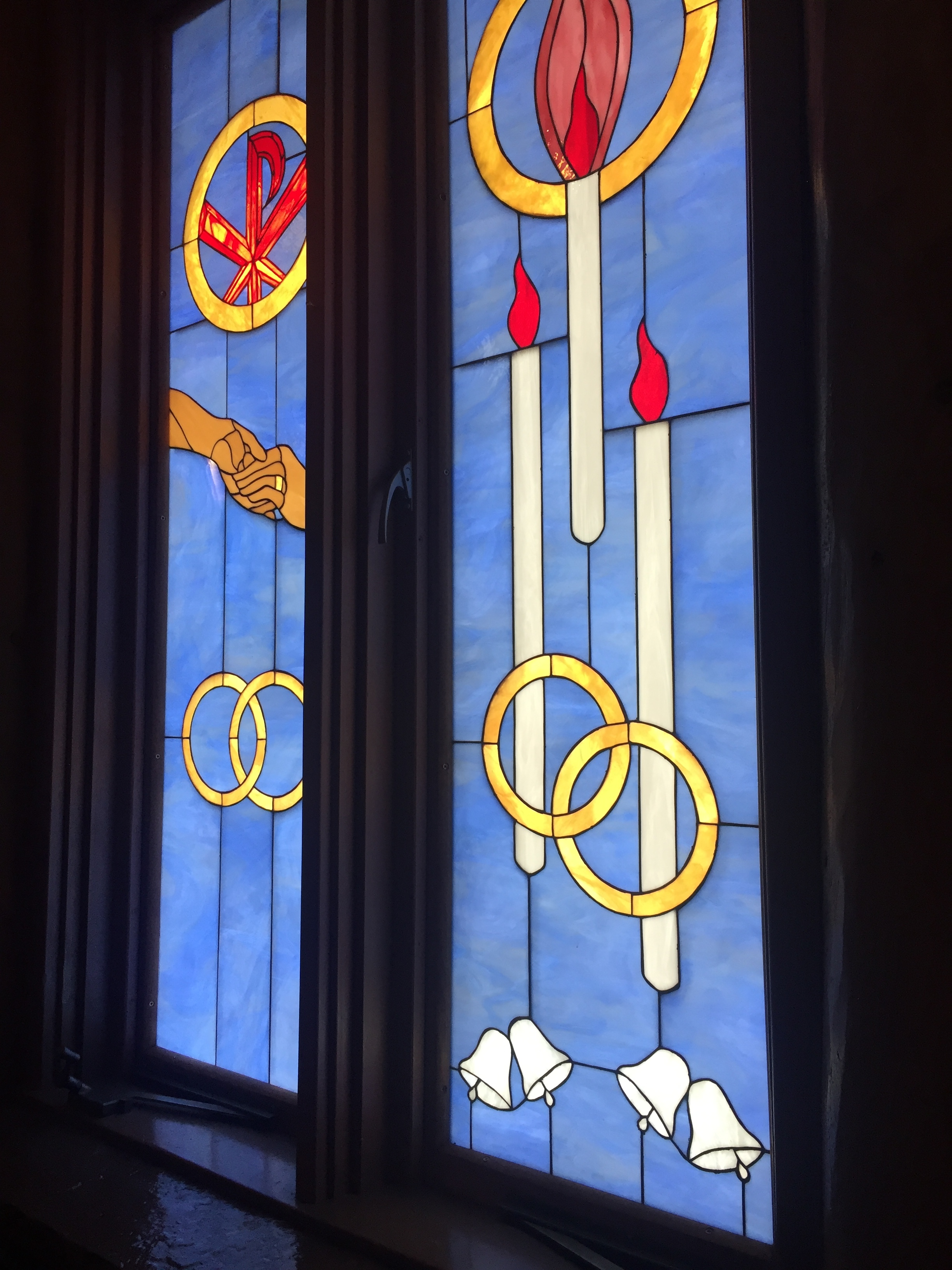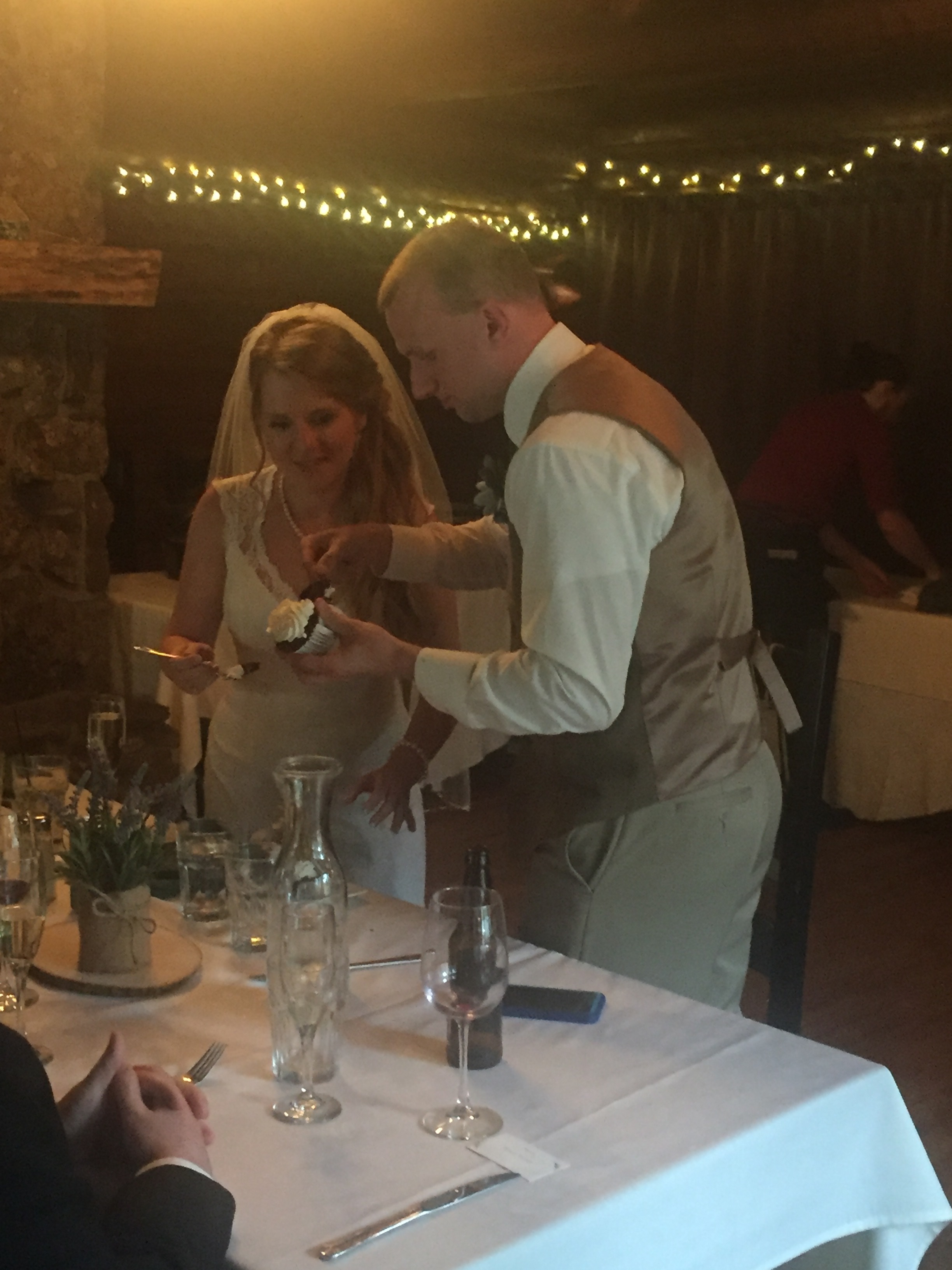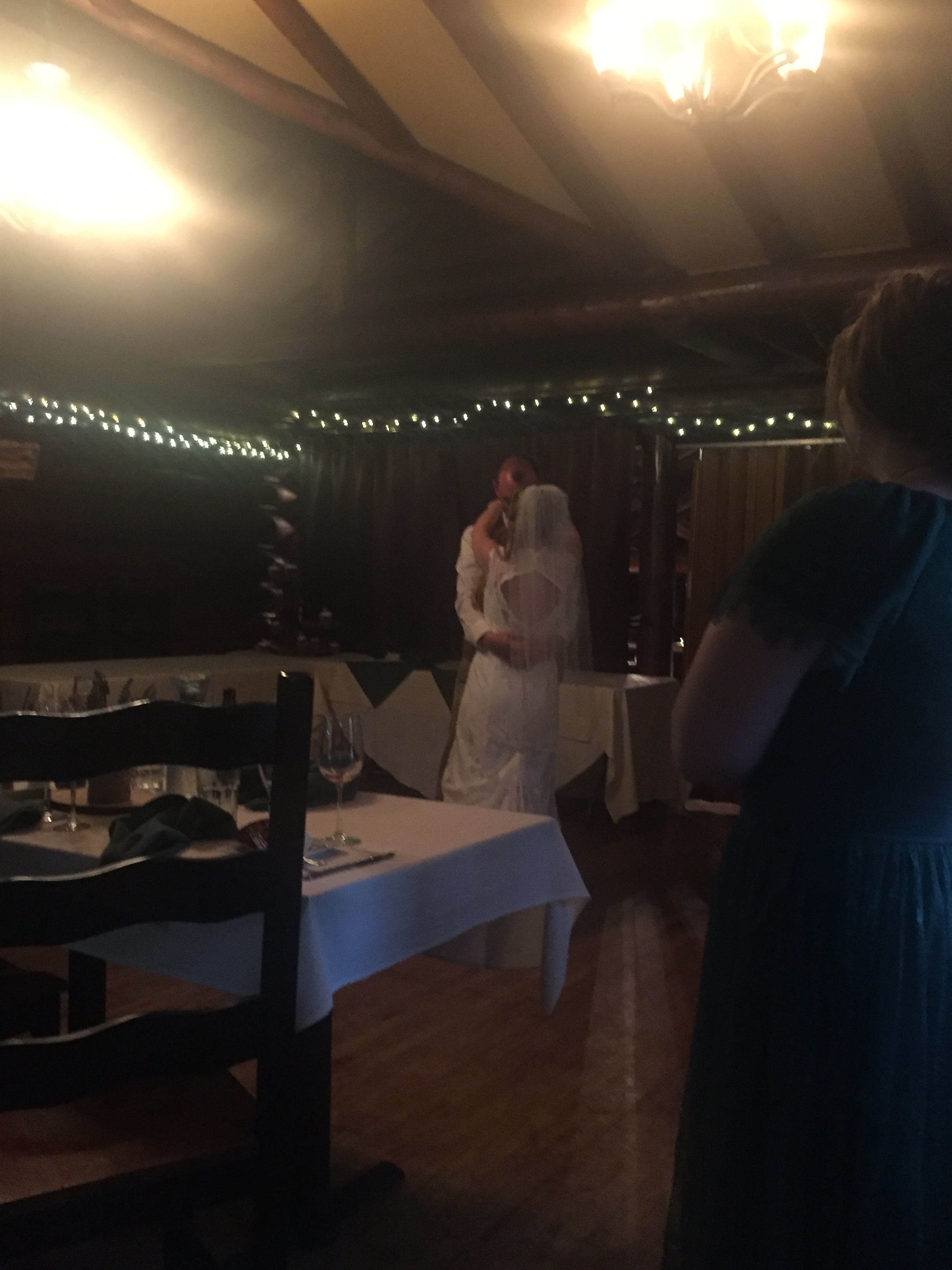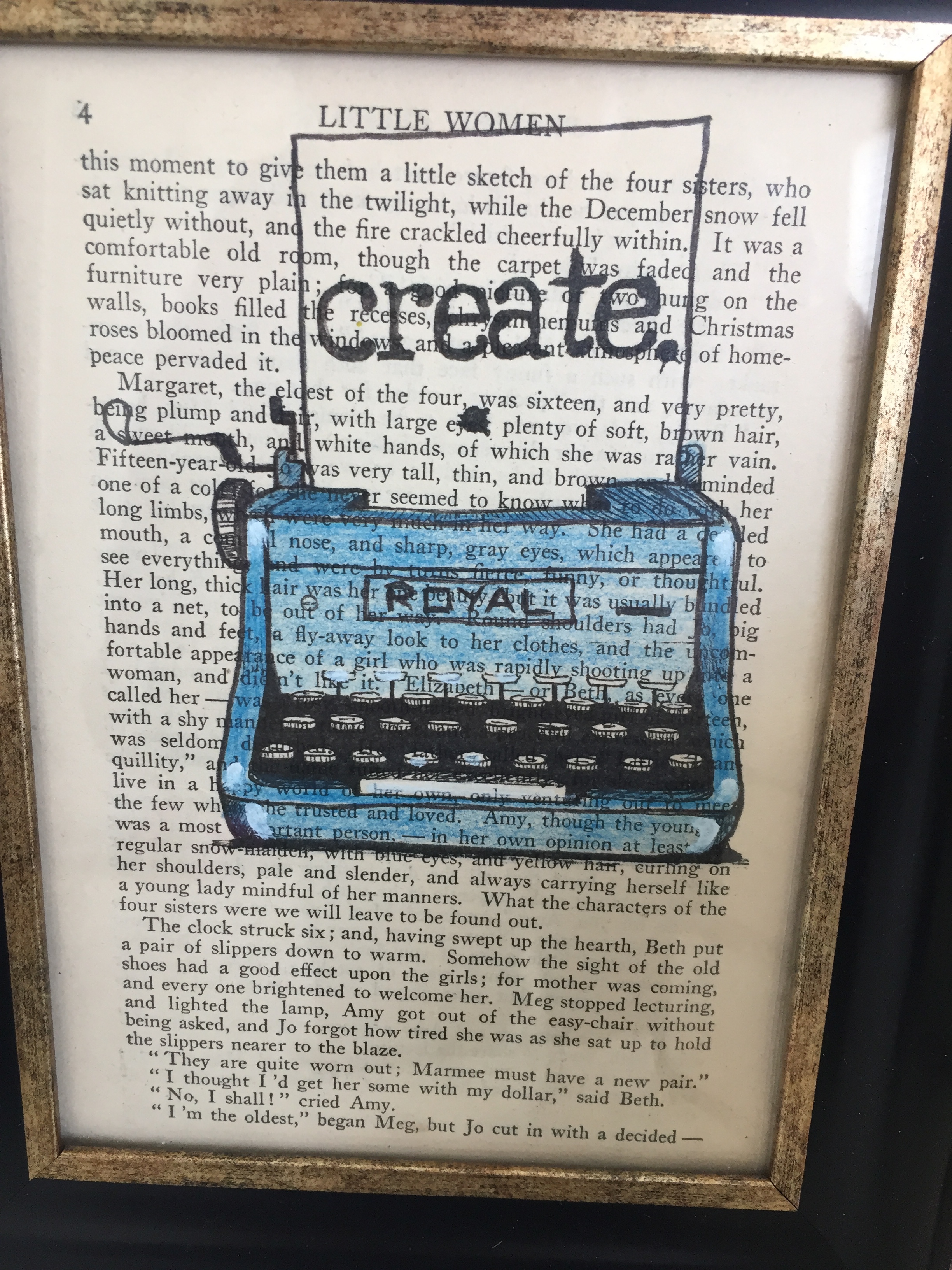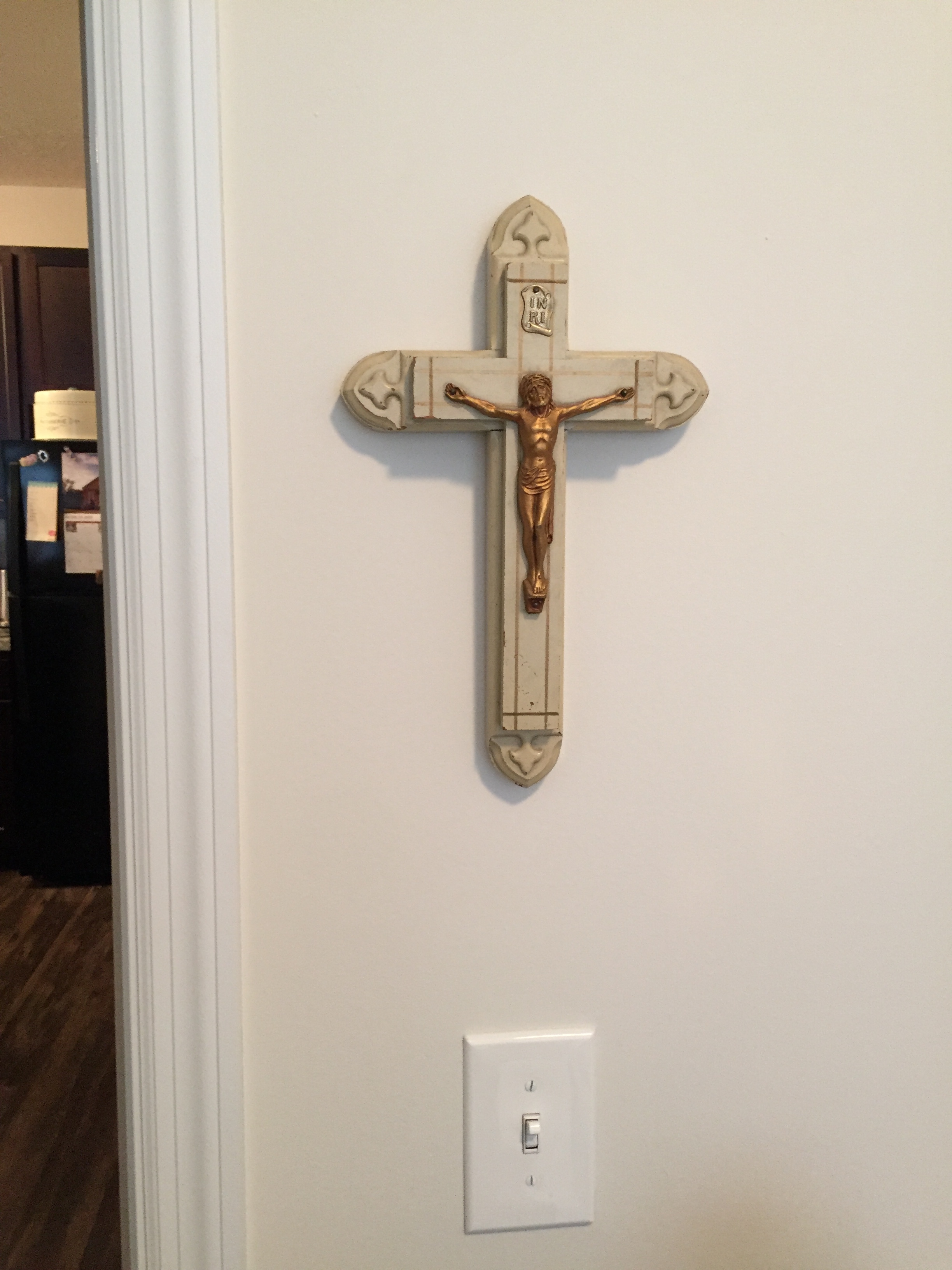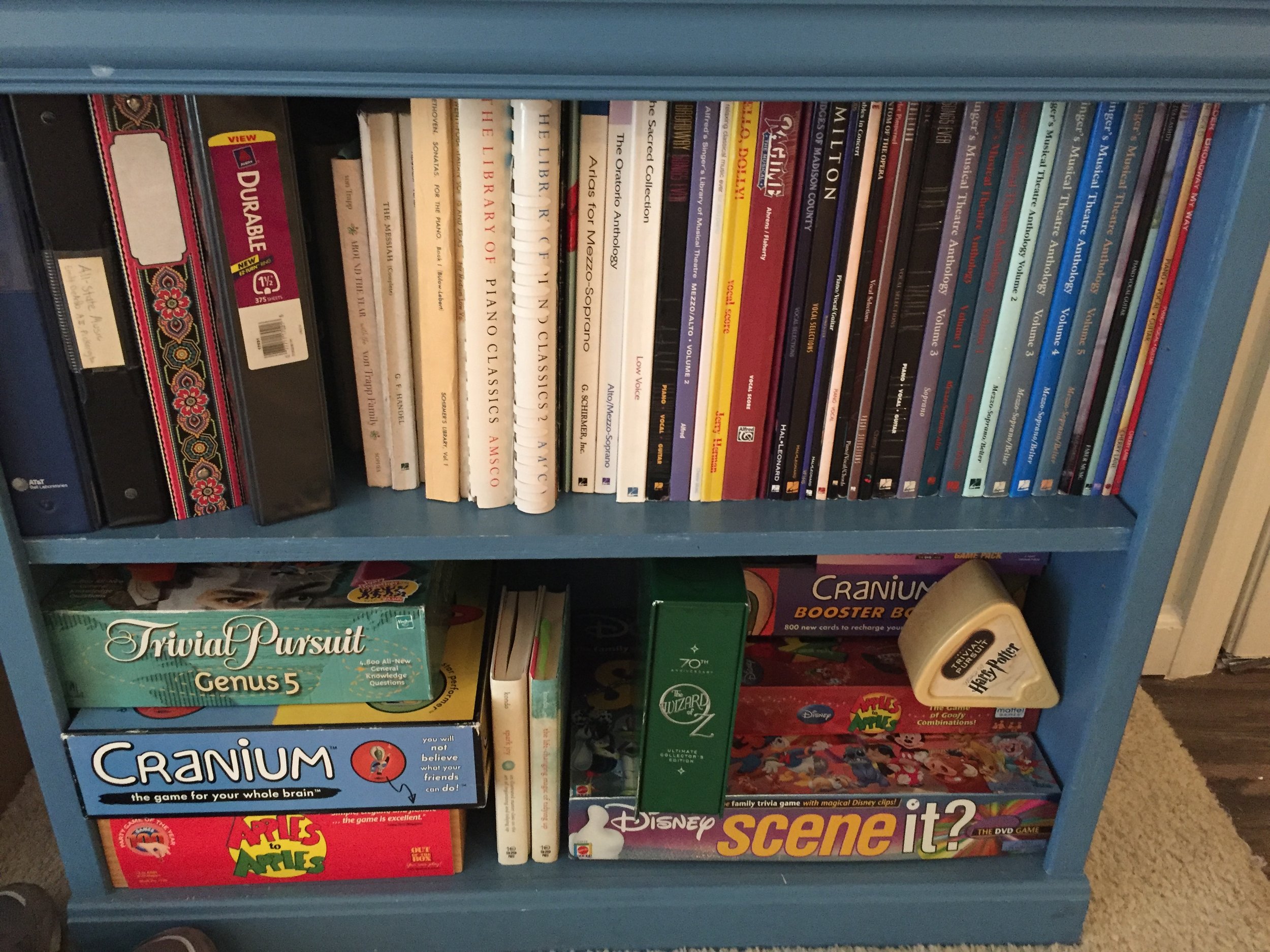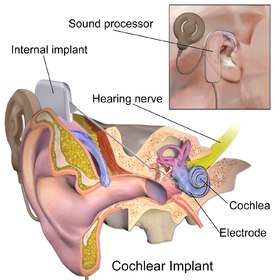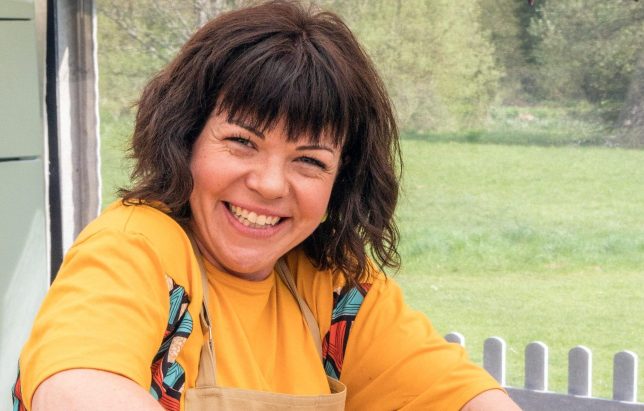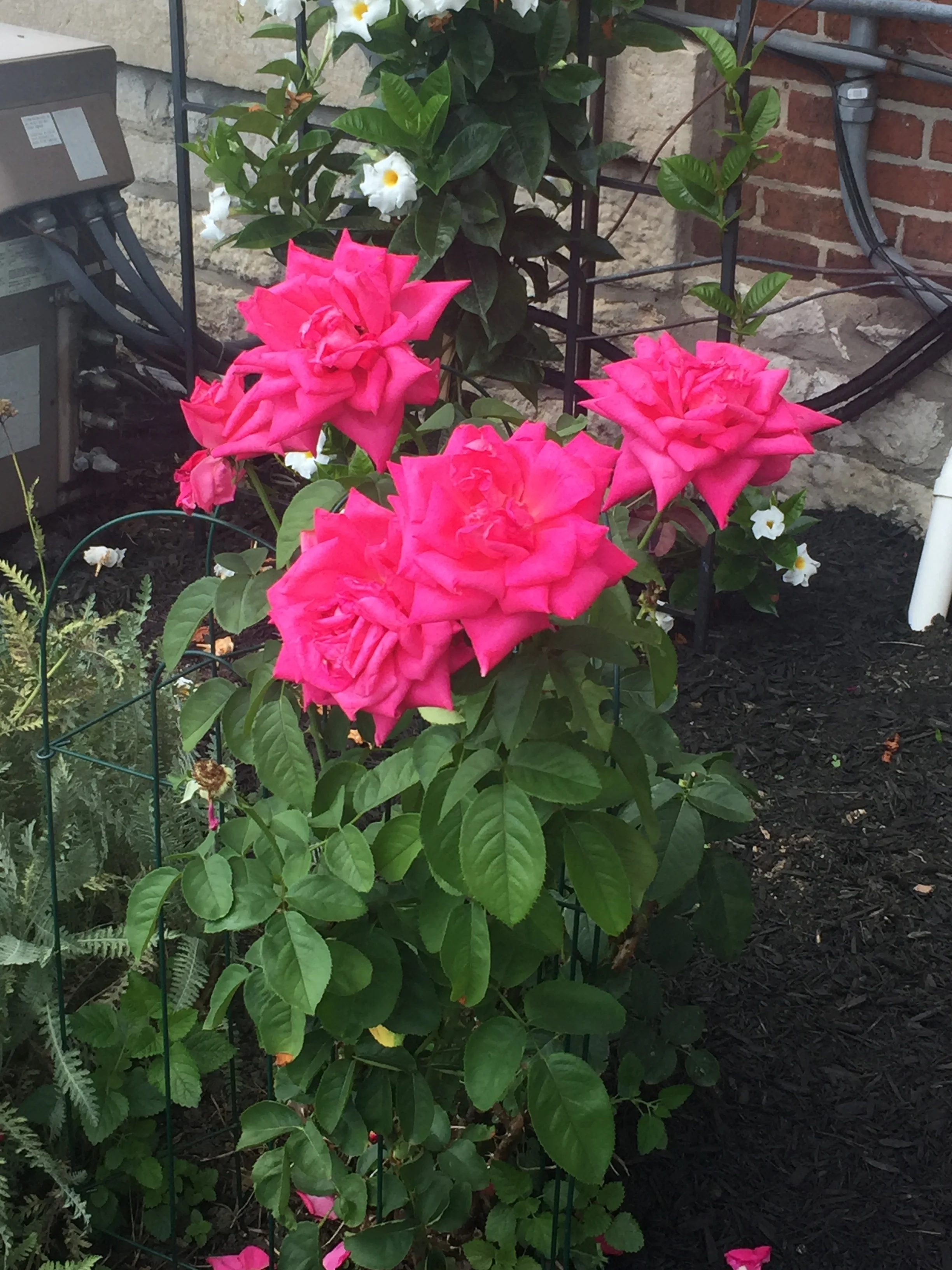It seems baffling that I have to write this, but here we go.... :)
Medicine is good.
Doctors are good.
There are too many people out there who are willing to lure people into the trap of "medicine is a scam, you don't need medicine, you need holistic, natural, chemical and toxin free things and then you will be SO HEALTHY! We can eliminate disease! We can get rid of drugs! Yayyy!"
Guys.
No.
OK, first off--everything is a chemical. Water is made of chemicals. Chemicals are not bad. You are made up of chemicals!
Are some doctors way too quick on the trigger to prescribe meds that people may or may not need, for conditions that may or may not need treated? Sure. We see this all the time with high cholesterol meds. Our bodies need cholesterol. Cholesterol drugs can cause a lot of harm to the body, especially to women, who were not studied when these drugs were tested.
For example, I have high triglycerides. I always have. My grandmother has them. My mom has them. We do not have any heart disease, or history of it, amongst the women in our family. When I was prescribed Lipitor after my transplant, I took it--and then my body rebelled. I had incredible joint and muscle pain. There were days I could barely move. All I wanted to do was sleep. Turns out, statins can cause lots of damage to joints and muscles. So I told my doctors, we can either have me take a drug that's not doing anything, or you can have me moving and productive. You cannot have both.
You have to know yourself, and your history, and the risks of medication. What is high blood pressure--I mean, numerically, what is it? It's changed lately. Why? What's the rationale for that? Does it really need to be treated with a pill? Maybe, maybe not. It depends.
But let's stop saying that we can rid the world of disease "if only" people would eliminate toxins, stress, chemicals, etc., etc., etc. That's not plausible. There are certainly ways to reduce stress and toxins. But eliminate them? I don't think so.
I remember Mike Huckabee saying that if people just ate right and exercise, we could get rid of disease.
Guys, that's not true.
Drug companies make drugs that save lives. Doctors are awesome. Without drug companies, I'm dead, and so are a lot of other people. (And yes, they also make drugs that make life more pleasant, in general. Not everything a drug company produces is life-saving. I know that. :) But the popular drugs are what fund the R&D for the not so popular ones, like the immunosuppressants I take, or CF meds, etc.)
There is no way I could cure my CF by living "holistically." It's not possible. Sometimes, you need meds, and you need things taken out of your body. Sometimes, we need modern medicine, which, on the whole, is a great thing.
Sure, you can try taken gluten out of your diet, or yoga. I love my yoga. I do eat less gluten than I used to. But there are some things that require medication, and that's not a bad thing. Drugs are not bad. They shouldn't be vilified. They are a tool to be used when they need to be used. (This is especially true in the case of anxiety and depression. Guys. If you are anxious or depressed, and you're doing other things already, then adding a drug to the mix might be very, very helpful. Do not feel ashamed! Seriously. Do not.)
So let's use meds, when we need to. Let's stop saying that, "oh, my cancer went away and I didn't do chemo. So, you know. " There's an implication in these statements that medicine is somehow the weaker option, the easier option, the lemming option.
Look, if you have cancer and it "went away" with diet and exercise, OK, great for you. Fine. But that's not something most people should do, OK? Most people need chemo or radiation or surgery, or all three. They just do. That's the first-line treatment for a reason.
If you want to watch and wait on treatment, again, as long as you're doing it prudently, great. ** But I roll my eyes whenever I see people say that some magical thing is going to save the the world and cure everything. It's a modern version of selling snake oil.
If you have serious medical issues, then you need medical care. You can certainly use complementary therapies. They are useful and, often, helpful! Medical massage is a wonderful thing. Mindfulness practices, body scans, TENS units, even hypnotism--other therapies are great (Music therapy, art therapy, etc., etc.). I will diffuse lavender oil if I'm really stressed out, and I drink valerian tea every night before bed. Ginger tea is great for nausea, and peppermint tea can help with headaches. There are things that are good about the natural world and we need to use those too. When I was really nauseated post-transplant, the pharmacist suggested gingersnaps, instead of anti-emetics (although we did use those, too.), because ginger helps settle the stomach (as does garlic, coincidentally). It's good to know and use these things.
Combine approaches. Neither side is totally good or totally bad. There are bad parts of the medical establishment. I've met them. I know they exist. And I try to help you avoid them at all costs! :) But I roll my eyes and get angry when I see people refusing to use the gift of modern medicine, of antibiotics, of vaccines, of treatments, because they think it's impure or dangerous or not needed or whatever.
Do what you can to reduce stress and get good sleep. Eat well. We should all eat less sugar. Move a little. You know--the basics. But then, if you're doing these things, and you still have problems or symptoms--go forth and get help. It's OK! Run it by your doctor.
As William F. Buckley said, "Be open-minded, but not so open-minded that your brain falls out."
**Just to be totally honest: I'm going to my dermatologist today. She was worried about a large freckle on my right hand at my last visit and biopsied it. It came back as non-cancerous but as weird. Now, under normal circumstances, I'd probably be OK with what she wants to do, which is Mohs surgery to remove the weird cells. But my right hand is my burned hand. I do not want to mess with this hand unless I absolutely must. First off, it's my dominant hand. I don't want to risk damaging it or even losing it. Second--and again, being honest--when you mess with burned or grafted skin, it hurts. A lot. Just banging it on something hurts. I have a high pain threshold, but i don't think I can hold my hand still while it's cut in to multiple times on very sensitive skin.
So, I'm going to say that I don't want to do anything right now. I just want to watch the spot, and if I see any changes, I will report them immediately. I have talked about this with my parents (My Medical Council), and my transplant nurses. They are all OK with this approach. So it is prudent, for me. So, I am taking my own advice here. :)
